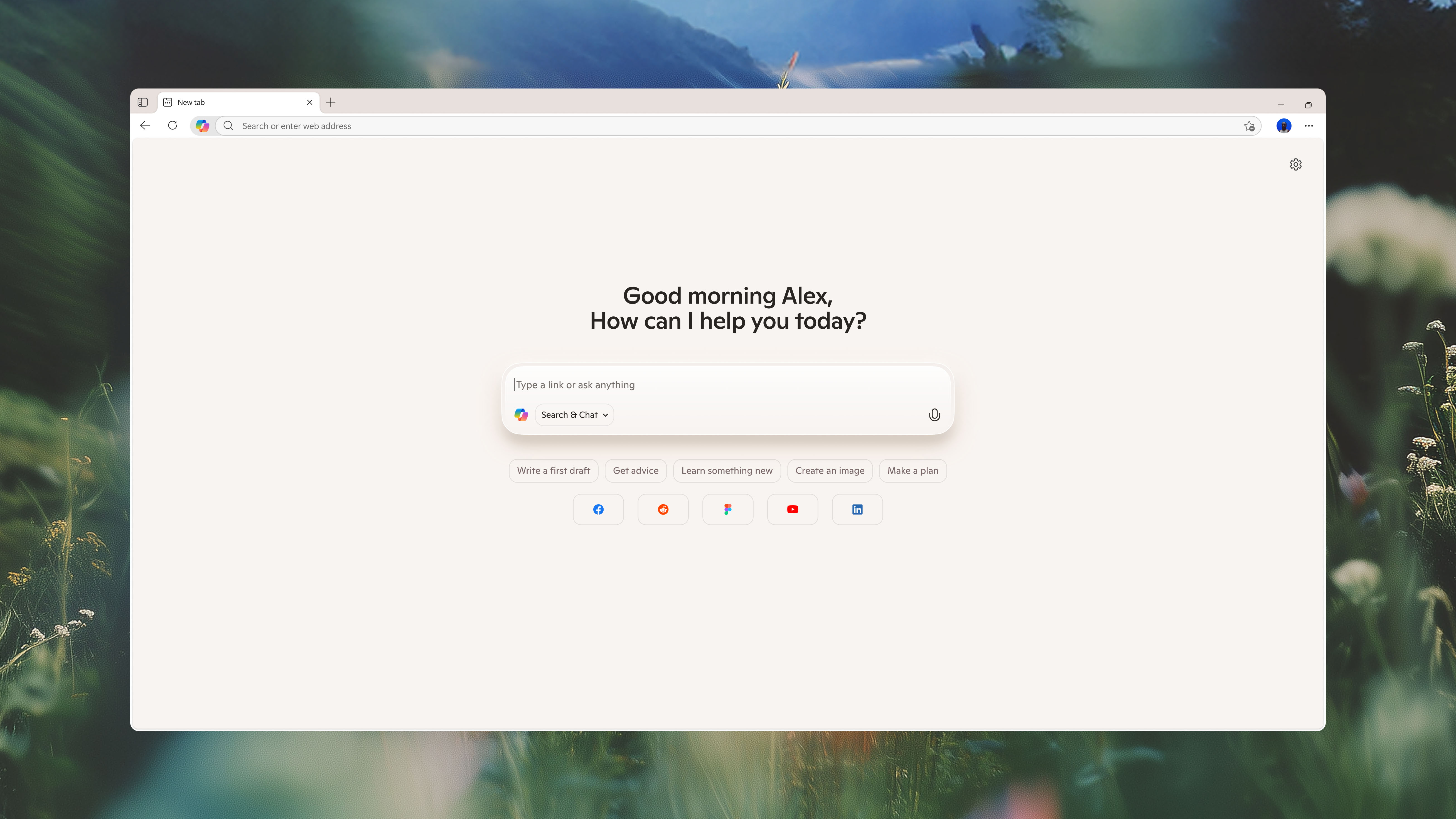- Microsoft Edge has dropped a chunk of users in the past month
- This is according to Statcounter’s figures, which show Chrome making some major gains at the top
- Microsoft may hope that Copilot in Edge will help turn things around, but there are other factors at work
Chrome has cemented its dominance in the web browser world in the past month to the detriment of Microsoft Edge, which has slipped back in its tall order quest to challenge Google’s top dog.
Neowin flagged up the latest report from Statcounter showing how the world’s best desktop browsers stack up to each other, and Chrome has accelerated ahead in July, gaining just over 3% to put it a whisker away from a 70% share of the entire market (69.98% to be precise).
Microsoft Edge is in second place, but after making a little headway through 2025 thus far – in between periods of stalling – the browser has again slipped, as it did in June. It’s now down to 11.8% which represents a month-on-month drop of 1.26%.
If you’re wondering about the rest of Chrome’s rivals, there’s Safari, which is in third place, but it barely has half of Edge’s user base, with the Apple browser sitting on 6.51% (also down from last month; in fact, it’s lost 0.85%).
Firefox is next and is close behind Safari on 5.32%, and again, that’s a loss, this time of half a percentage point. All of those losses have, of course, provided fuel for Google’s Chrome fire.
Analysis: Copilot isn’t the answer – or at least not the only one

Naturally, we need to take any single source that’s measuring the popularity of any given set of products with some caution – it represents a sample of the market, not the entire picture. Although in Statcounter’s case, it’s a pretty beefy sample, and the company is regarded as one of the more accurate judges of how the browser world stands.
Microsoft isn’t doing well, then, in its bid to get Edge noticed – and as I’ve said before, I think part of the problem the software giant has is that it’s trying too hard to get the browser noticed. It does this mainly by shoving it in the faces of Windows 11 (and 10) users with too much gusto, recommending it as the default browser in certain circumstances, or having Edge pop up in various ways even though it isn’t set as the default browser.
Notably, Microsoft has been changing this kind of behavior in Europe due to regulatory pressures, so, for example, the company just made it so that web links in Windows 11’s widget board now don’t open in Edge automatically, but use the selected default browser in the OS (as they should for a consistent experience).
I wish Microsoft would adopt this scheme of things in other regions outside of Europe, but sadly, it doesn’t seem like this will happen, not when there’s no legislation twisting the company’s arm.
Microsoft has another tactic in mind to get traction for Edge, though, and that’s AI. The introduction of Copilot in Edge has just happened (so won’t have made an impact in July’s figures from Statcounter), and while it may not seem like a massive carrot to many – who might think, ‘Not more AI’, complete with a yawn – as we’ve recently reported, this feature actually looks pretty nifty. It offers voice commands and some clever touches like being able to instruct the browser to skip to a certain section of a YouTube video, and with agentic AI abilities promised down the line (the ability for AI to book things for you within the browser, for example).
I accept that it could be a promising lure for new recruits to the Edge flock. However, I think Microsoft will struggle to make its browser more relevant unless it also reins in some of the excesses of its constant promotion of Edge within Windows. And of course, don’t forget that Google has its own AI (Gemini) tricks in the pipeline for Chrome, too, so it’s not like the dominant competition will be standing still on the AI front.
